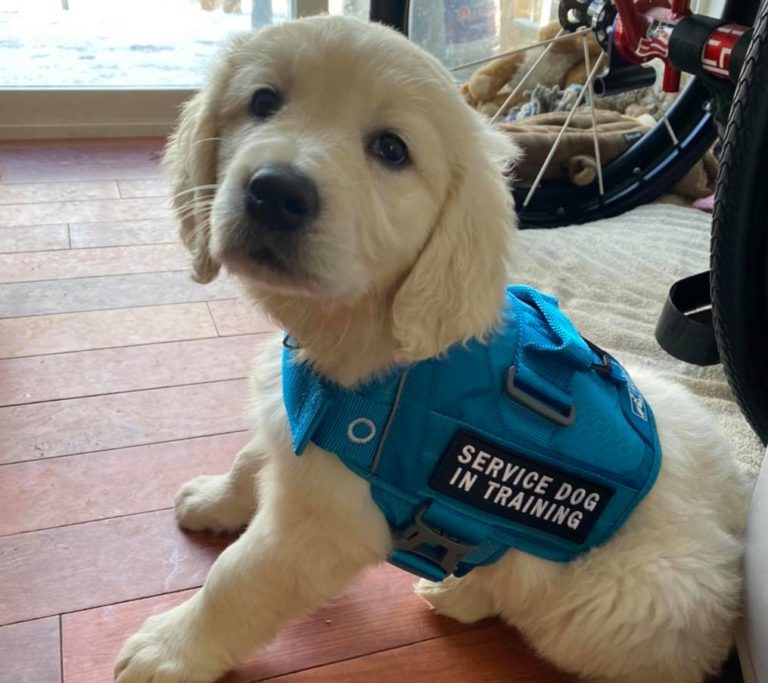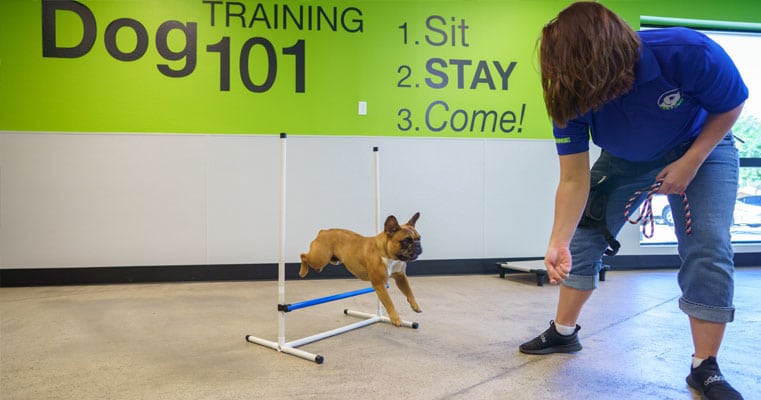The Benefits of Selecting Dog Training Near Me for Tailored Solutions
The Benefits of Selecting Dog Training Near Me for Tailored Solutions
Blog Article
Unlock Your Pet dog's Prospective: Proven Pet Training Strategies for Success
Efficient canine training is a nuanced process that pivots on comprehending canine habits and employing clinically backed techniques. By integrating positive reinforcement, establishing clear commands, and focusing on socializing, dog proprietors can cultivate a productive partnership with their family pets.
Recognizing Dog Habits
Comprehending dog actions is necessary for efficient training and cultivating a positive connection between canines and their proprietors. A detailed grasp of canine body language, vocalizations, and social interactions is vital for identifying their needs and feelings. Canines communicate mainly through non-verbal signs; for example, a wagging tail might indicate exhilaration, while pinned ears can signify worry or entry.

Furthermore, environmental variables play a considerable duty fit a canine's habits. Adjustments in regular, new environments, or the presence of unknown individuals can result in tension or anxiousness in dogs. Recognizing these triggers makes it possible for owners to mitigate adverse reactions and establish ideal training methods.
Ultimately, a deep understanding of dog behavior lays the foundation for successful training methods, improving both habits and the general bond in between the dog and its proprietor. dog training charlotte. This expertise is important for fostering a well-adjusted, happy canine friend
Favorable Support Techniques
Efficient training depends heavily on positive support strategies, which have been shown to yield significant cause forming desired habits in dogs. This strategy involves compensating a pet for showing particular habits, thereby boosting the likelihood that these actions will certainly be repeated. Rewards can take various forms, including treats, appreciation, toys, or play, relying on what inspires the individual canine.

It is crucial to gradually phase out rewards as the pet dog learns the actions, transitioning to periodic reinforcement. This method preserves the behavior over time while preventing dependency on consistent incentives. By concentrating on positive support, trainers can cultivate a relying on relationship with their canines, advertising a participating and healthy training environment that improves total obedience and efficiency.
Developing Regular Commands
An essential facet of effective canine training is the facility of consistent commands. Consistency in commands is vital for effective communication between the fitness instructor and the pet. When commands are uniform, pet dogs learn to associate certain words with desired habits, which increases the training procedure and enhances understanding.
To develop regular commands, it is crucial that all household participants use the exact same terminology and gestures. As an example, if one person uses "rest" while an additional states "sit down," it can produce confusion for the canine. Select clear, unique words for commands and make sure everybody included in the pet dog's training abides by these selections.
Additionally, repeating is crucial. Reinforce commands through frequent practice, guaranteeing that the canine receives sufficient possibilities to react appropriately. When a canine successfully adheres to a command, immediate favorable reinforcement should follow. This might be in the form of deals with, appreciation, or play, solidifying the link in between the command and the action.
Finally, be individual. Developing constant commands requires time and effort. With commitment and clearness, you will certainly aid your pet dog establish a strong understanding of assumptions, eventually resulting in a mannerly companion.
Socialization and Direct Exposure
Socializing a canine is essential for fostering a well-adjusted and positive companion. This procedure entails subjecting your canine to a selection of environments, people, and various other pets to develop their social skills and flexibility. Early socialization, preferably in between the ages of three to fourteen weeks, is vital, as it prepares for a dog's future habits.
During socialization, aim to supply favorable experiences in various setups, such as parks, active roads, and homes with various other pets. Introduce your canine to numerous stimulations, consisting of sounds, sights, and scents, making certain that each encounter is satisfying. This exposure aids reduce worry and anxiety, paving the method for a much more resistant canine.
Involving in controlled team play sessions with other dogs can additionally improve social skills, instructing your animal proper communications and borders. Focusing on socialization will substantially contribute to your pet's general happiness and habits throughout their life.
Conquering Common Training Challenges

One more frequent problem is disturbance. Pets might have a hard time to concentrate in hectic or strange settings. Slowly desensitize your pet to diversions by beginning training in a quiet atmosphere and slowly introducing more stimuli as they become efficient (dog training near me). Positive reinforcement strategies, such as deals with and appreciation, can preserve inspiration and emphasis.
Additionally, behavioral problems like jumping or excessive barking can come to be discouraging. Address these by instructing alternate habits, such as sitting steadly when greeting visitors. Consistency and perseverance are critical; strengthen preferred this behaviors constantly and avoid abuse, which can lead to complication.
Finally, acknowledge that each canine is distinct, and training timelines may vary. Tailor your approach to your canine's individual requirements, and seek expert support if required. With perseverance and the right techniques, getting rid of these challenges can cause additional info a well-trained, satisfied canine companion.
Final Thought
In final thought, opening a canine's prospective requires a detailed technique that incorporates an understanding of canine actions, the application of favorable support strategies, and the facility of constant commands. Early socialization and exposure to diverse atmospheres better improve a canine's adaptability and confidence. By attending to typical training obstacles with tailored strategies and persistence, a harmonious and participating partnership between dog and trainer can be fostered, inevitably leading to a well-behaved buddy efficient in growing in various circumstances.
Reliable pet training is a nuanced procedure that pivots on understanding canine actions and employing medically backed strategies.Recognizing pet dog habits is necessary for reliable training and cultivating a positive partnership in between pet dogs and their owners.Effective training relies greatly on favorable support strategies, which have been shown to generate significant outcomes in forming wanted actions in pets. When commands are uniform, dogs read this post here find out to connect certain words with desired behaviors, which speeds up the training process and improves understanding.
In verdict, unlocking a dog's potential requires a thorough strategy that incorporates an understanding of canine actions, the application of favorable support methods, and the establishment of consistent commands.
Report this page